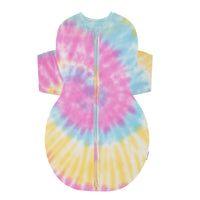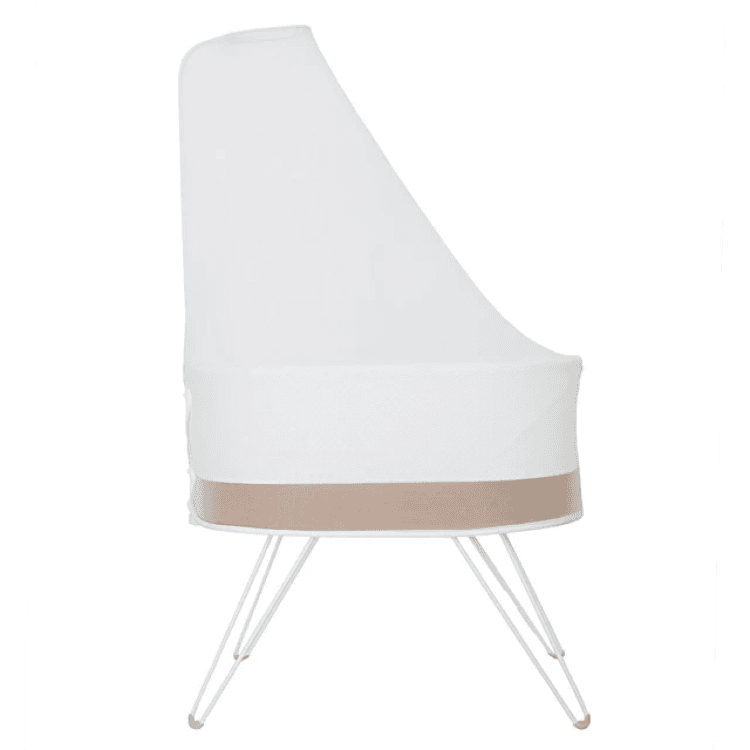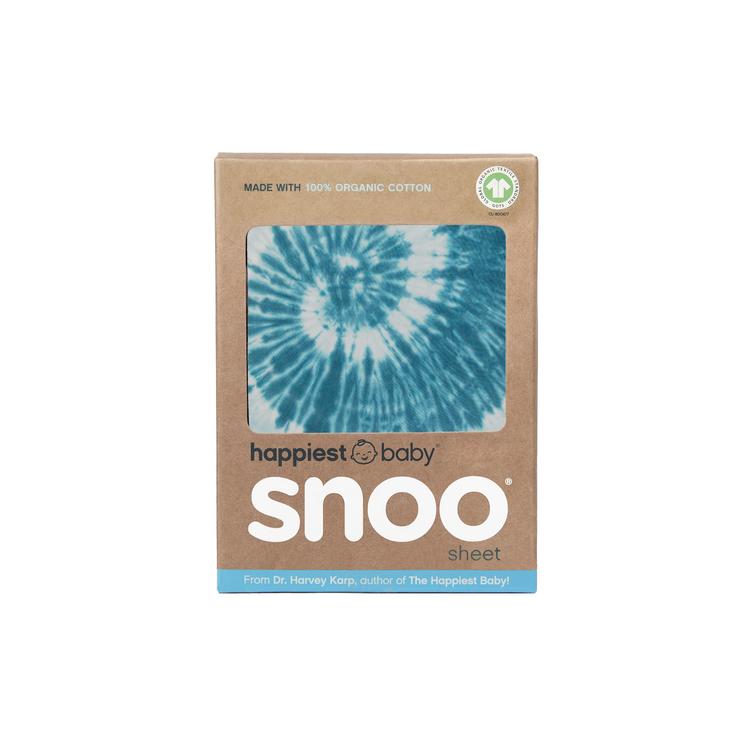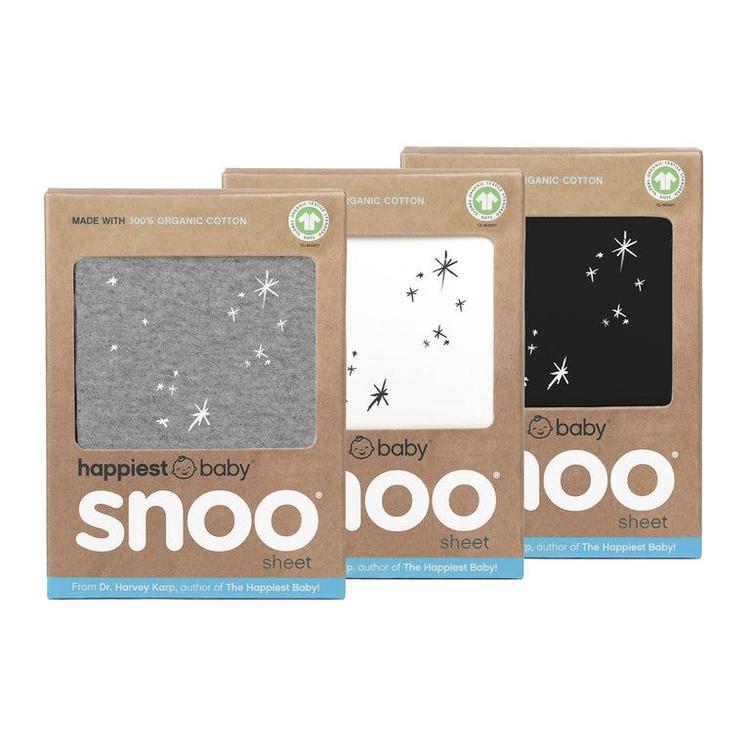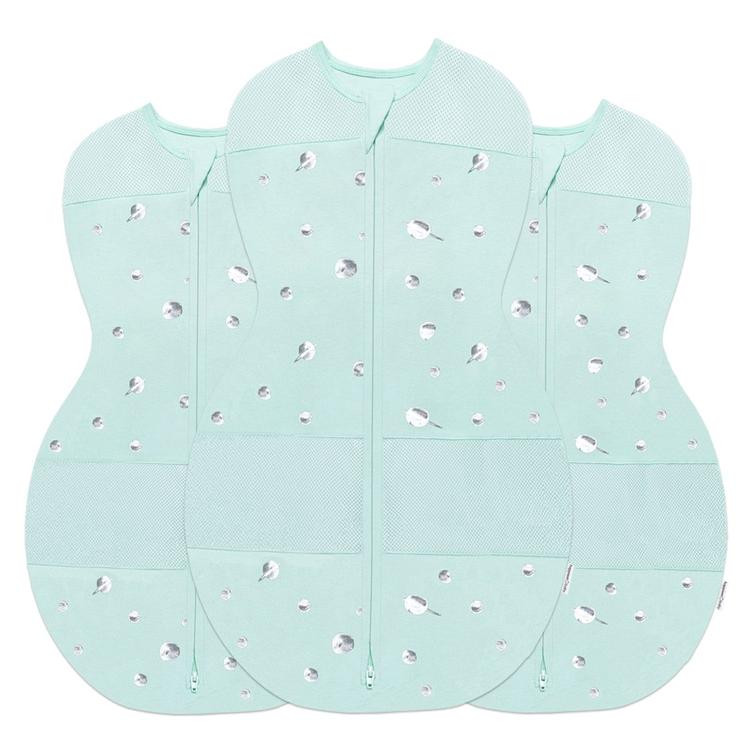For the first year of life, babies thrive on breastmilk, formula, or a healthy combination of both. Breastfeeding might continue beyond age 1, but babies who are formula-fed outgrow formula on their first birthdays. This is the perfect time to transition your kid to an age-appropriate milk.
The amount of milk available in the store might be enough to make you throw your hands in the air…uhh which do I choose!?
We are here to solve your dairy-aisle dilemma: Here is everything you need to know about giving milk to your toddler—plain and simple.
Milk Benefits for Toddlers
Though they are not growing as rapidly as when they were babies, toddlers still have lots of developing to do. Toddlers have high needs for good nutrition to support their health and well-being. If their needs are not met through a well-balanced diet, they may face growth challenges, developmental delays, nutrient deficiencies, and frequent colds. NI Direct states that the best beverages for toddlers to drink are water, cow’s, goats’, and sheep’s milk.
Cow’s milk is chock-full of nutrition benefits and provides sufficient calories, fat, protein, calcium, vitamin D, vitamin A, and potassium. 250 ml of whole milk contains:
- 150 calories
- 8 g of protein
- 8 g of fat
- 306 mg of calcium (43% of daily value for toddlers)
- 96 international units vitamin D (16% daily value for toddlers)
- 80 RAE vitamin A (27% daily value for toddlers)
- 374 mg of potassium (18% daily value for toddlers)
How much milk does my toddler need?
From ages 1 to 2, toddlers need 450-700 ml of whole milk each day. When your little one reaches age 2, it is okay to switch to skim or 1% milk, as long as their paediatrician does not have growth concerns. From ages 2 to 3, toddlers need 450-600 ml of skim or 1% milk daily. If parents offer young kids more milk than needed, they could be at risk for health issues.
What are the risks of drinking too much milk?
If your little one relies too heavily on milk, they might be at risk of developing a poor appetite, low iron levels, or even constipation.
- Poor appetite: It is not hard for milk to fill a tiny tummy. Drinking milk beyond recommendations can lead to a poor appetite. Milk can displace opportunities to get nutrition from fruits, vegetables, grains, and protein. Your little one may drink milk too close to mealtime and pick at their plate. Keep milk for mealtimes only. Between meals offer water to encourage your child’s appetite.
- Low iron levels: Drinking a lot of milk brings a lot of calcium into the body…but it can bring your child’s iron levels down. Excess calcium in the body competes with the body’s ability to absorb iron from foods. Normal iron levels are essential for your child’s health and brain development.
- Constipation: The verdict is still out on whether cow’s milk causes constipation according to research. Sticking to the recommended amounts of milk can reduce the chances of constipation. If your child is struggling with their bowel movements, it could be a cow’s milk allergy. Talk with your child’s paediatrician if you have concerns.
Can I give my toddler plant-based milk?
If your toddler has a cow’s milk allergy, you may be wondering what type of milk is best. Deciding which alternative milk is best for your toddler should be a careful choice because not all milks offer the same nutrition benefits. Plant-based or non-dairy milk comes from sources such as soy, rice, hemp, almond, pea, and oat. Some are fortified with nutrients found in dairy milk, but many are low in calories, protein, and vitamin D.
Providing non-dairy milk with low amounts of nutrients may get in the way of healthy toddler growth and development. Plant-based milk is not nutritionally sound for children under age 1—so avoid it until your child’s first birthday.
And generally, unless there is a medical or dietary need for plant-based milk, offering toddlers plant-based milk is not recommended. Of course, if your child cannot drink dairy milk, there is no need to stress because there are milks out there that fits their needs.
What is the best plant-based milk for toddlers?
Soy milk is the closest to cow's milk in terms of nutrients and is safe to give to children starting at age 1. Consider offering your child unsweetened soy milk to steer clear of added sugars. If your child is allergic to soy products, it is best to consult with a dietitian or medical provider to figure out your next best milk option.
Can I give my child toddler formula?
Toddler formulas are marketed to families of young children between the ages of 1 and 3. Though they state they provide the nutrition that toddlers need, they are often full of added sugars. Toddler formulas are not necessary for your child’s health and can put a significant dent in your wallet. The NHS notes that there's no evidence to suggest that toddler formula provides extra nutritional benefits for young children compared to cow's milk.
Alternative Sources of Calcium for Toddlers
Maybe your young child is not wild about swigging down milk—for these kids, there are other sources of calcium that you can offer instead.
Dairy Sources of Calcium for Toddlers
- Yogurt
- Cheese
- Cottage cheese
- Pudding
Non-Dairy Sources of Calcium for Toddlers
- Fish
- Dark leafy greens
- Broccoli
- Fortified cereal
- Tofu
- Fortified orange juice
- White beans
- Soybeans
- Dried figs




